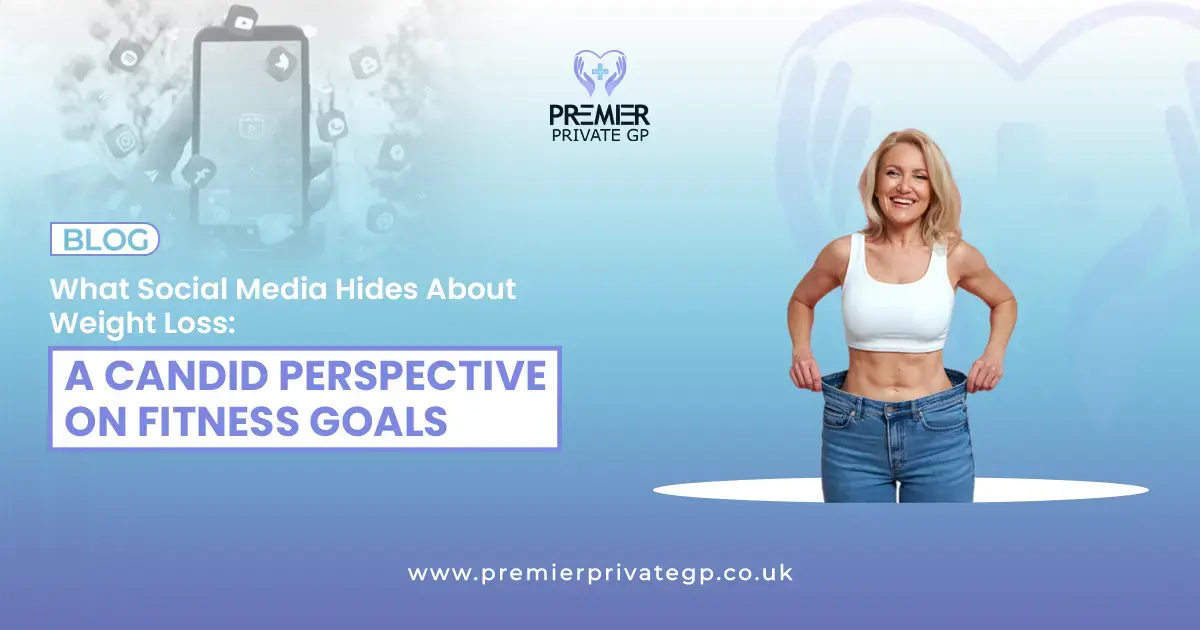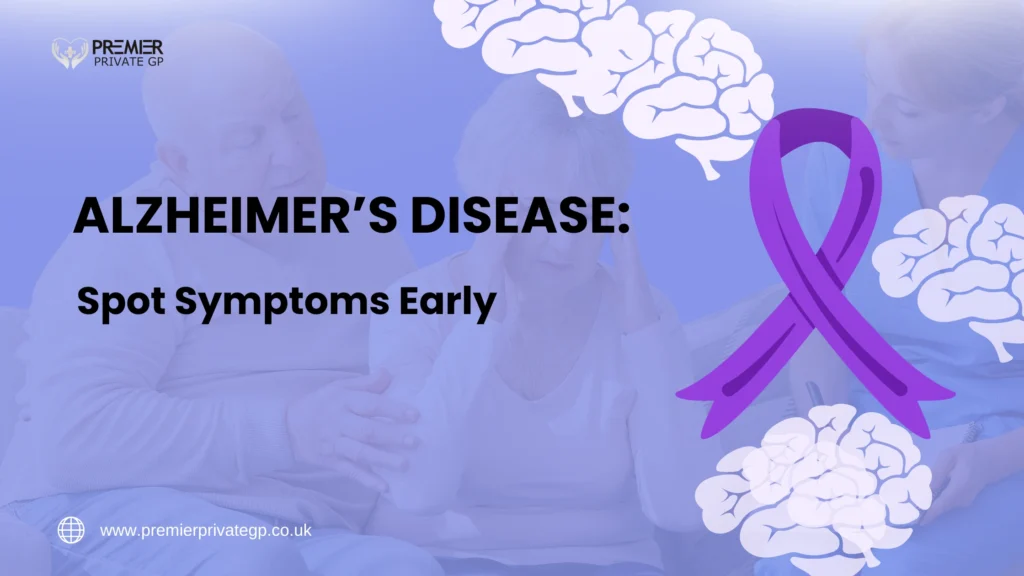Scrolling through social media, it’s easy to believe that weight loss is as simple as a 30-day challenge or a new “miracle” diet. But here’s the reality: what you see on your feed is often far from the truth. Behind those perfectly curated photos and “quick-fix” tips lies a whole different story about weight loss that no one talks about. Ready to find out what’s going on? Let’s dive in!
What really Affects Your Progress?
The Hidden Role of Gut Health in Weight Loss
You probably know that diet and exercise are key to weight loss, but have you ever thought about your gut health? It’s something that doesn’t always get the attention it deserves in mainstream discussions. But did you know your gut is home to trillions of bacteria that can influence your weight? When your gut bacteria is out of balance, it can make losing weight harder, no matter how much you diet or exercise. These imbalances—called dysbiosis—can affect your metabolism, digestion, and even your appetite. While social media might focus on counting calories, understanding and nurturing your gut health could be the missing piece to your weight loss puzzle.
How Hormonal Fluctuations Can Derail Your Progress
Ever felt like you were doing everything right—eating clean, working out regularly but the scale just won’t budge? Well, hormones could be playing a bigger role than you realise. Cortisol, insulin, thyroid hormones—these little guys can make a big difference in your weight loss journey. When cortisol levels rise due to stress, for instance, it can encourage your body to hold onto fat, especially around your belly. It’s a part of weight loss that’s rarely discussed on social media, but it’s something worth exploring. So, if you’ve been feeling frustrated, it could be time to take a closer look at your hormones.
The Impact of Sleep on Weight Loss
Sleep—something so many of us take for granted, yet it plays a huge role in weight loss. Poor sleep doesn’t just make you tired it messes with your hormones. Lack of rest increases your hunger hormone, ghrelin, while decreasing leptin, the
hormone that tells you when to stop eating. The result? You crave sugary, high-calorie foods, and it’s harder to control your appetite. On top of that, poor sleep slows down your metabolism, which can make burning fat even tougher. Social media might tell you to hit the gym hard, but if you’re not getting enough sleep, your efforts could be in vain.
Stress and Its Hidden Influence on Your Waistline
We all know stress is tough, but did you know it’s also sabotaging your weight loss efforts? Stress doesn’t just affect your mood—it can lead to emotional eating, especially for high-calorie comfort foods. When you’re stressed, your body releases cortisol, which triggers cravings for sugary snacks and unhealthy treats. Over time, these stress-induced binges can derail even the most disciplined weight loss plans. And what makes it worse is that stress is often dismissed on social media in favour of quick-fix diets or exercise routines. But if you’re not managing your stress, it’s harder to shed those pounds, no matter how much you work out.
The Psychological Toll of “Fitspo” Culture
Social media is filled with “fitspo” content-fitness inspiration that showcases flawless bodies, toned abs, and perfect meal prep. While these images can be motivating for some, they can also be harmful to others. The pressure to conform to an ideal body type can cause anxiety, body dysmorphia, and even unhealthy eating behaviours. The constant comparisons to these “perfect” figures can leave you feeling inadequate, regardless of how hard you work. What social media doesn’t show is the mental toll that striving for a “perfect” body can take. Weight loss should be about feeling good in your own skin, not about living up to unrealistic expectations. It’s time we move beyond the “fitspo” culture and focus on health—not just appearance.
Why Some People Struggle Despite “Doing Everything Right”
Have you ever followed a weight loss plan to the letter, but the results just don’t come? It’s frustrating, isn’t it? But here’s the thing—weight loss isn’t always equal for everyone. Genetics, metabolism, and even your environment play a huge role in how your body responds to diet and exercise. Some people naturally burn fat faster, while others struggle despite their best efforts. On top of that, environmental factors like where you live or how active your social circle is can influence your success. This is something rarely mentioned in mainstream weight loss advice, but it’s a critical factor to consider.
Challenging the Common Weight Loss Myths Spread by Social Media
Social media often promotes quick fixes that promise fast weight loss, but many of these myths can be misleading and even harmful. Let’s separate fact from fiction to help you achieve lasting, healthy results with evidence-based approaches.
Myth: Weight Loss Is All About Calories In vs. Calories Out
While it’s true that creating a calorie deficit is important for weight loss, this myth oversimplifies the process. Hormones like cortisol, insulin, and thyroid hormones, as well as factors such as gut health, play a significant role in how your body burns fat. For example, high levels of stress can make it harder to lose weight even if you’re maintaining a calorie deficit. Social media often fails to address these factors, giving the impression that weight loss is just about counting calories.
Myth: You Have to Eat “Clean” to Lose Weight
Clean eating, as promoted by many social media influencers, is often seen as the only path to successful weight loss. However, the truth is that balance and moderation are key. Rigid “clean” eating plans can lead to unhealthy relationships with food and feelings of guilt. A sustainable approach involves flexibility and enjoying a variety of foods in moderation. Restrictive diets are not only difficult to maintain long-term but can also contribute to binge eating patterns.
Myth: Weight Loss Equals Fitness
Social media frequently equates weight loss with improved fitness or health. However, weight loss is not the sole indicator of good health. Fitness is about strength, endurance, flexibility, and mental well-being. Many people focus only on the scale, overlooking how they feel physically and emotionally. Health comes in many shapes and sizes, and the true measure of fitness goes beyond the number on the scale.
Social media may offer quick fixes and shortcuts, but true, lasting weight loss goes far beyond what’s often portrayed online.It’s important to remember that weight loss is a personal journey, and what works for one person may not work for another. By embracing a more balanced, realistic approach, free from the pressures of social media, we can develop healthier relationships with our bodies and our goals.







